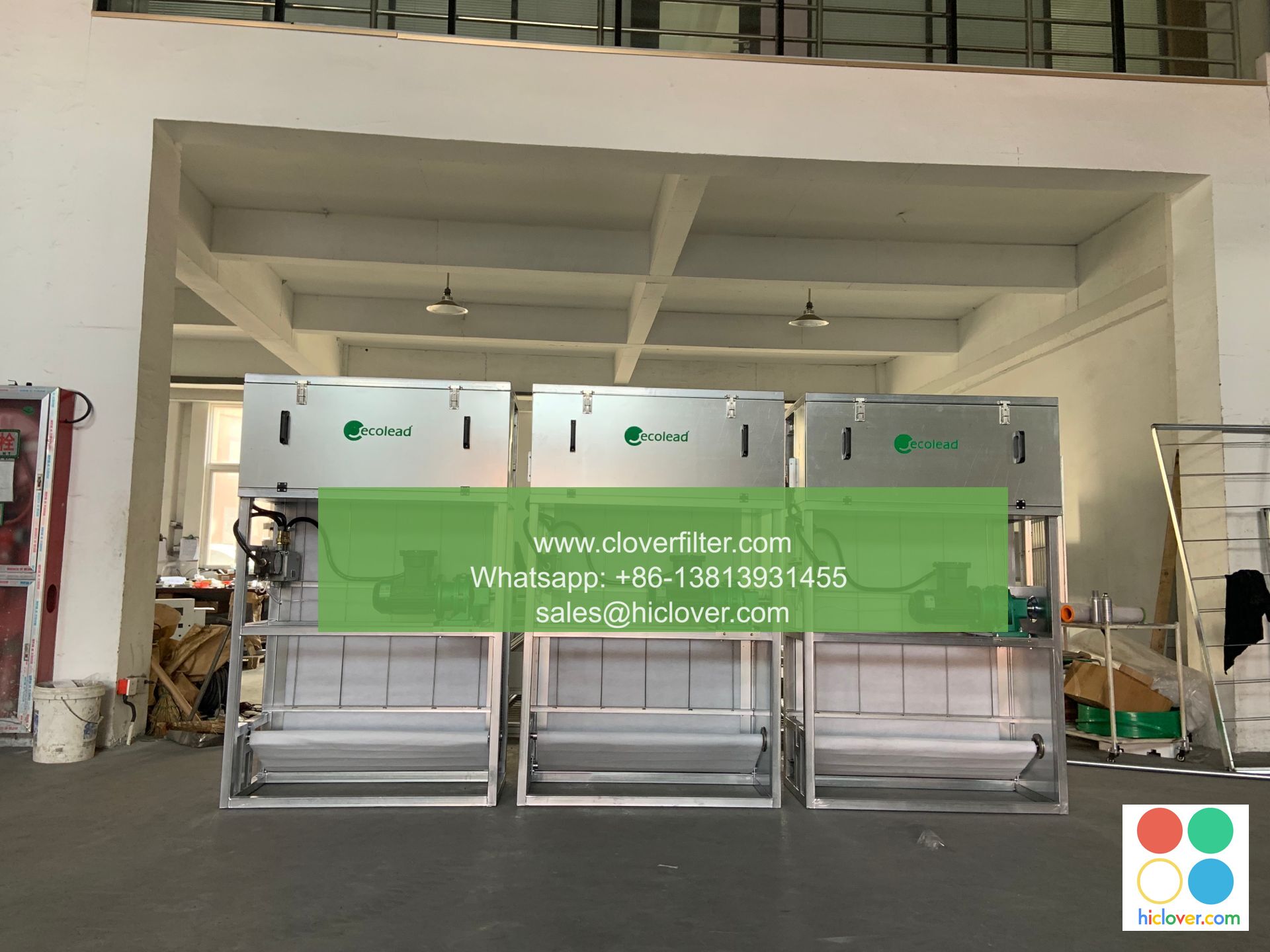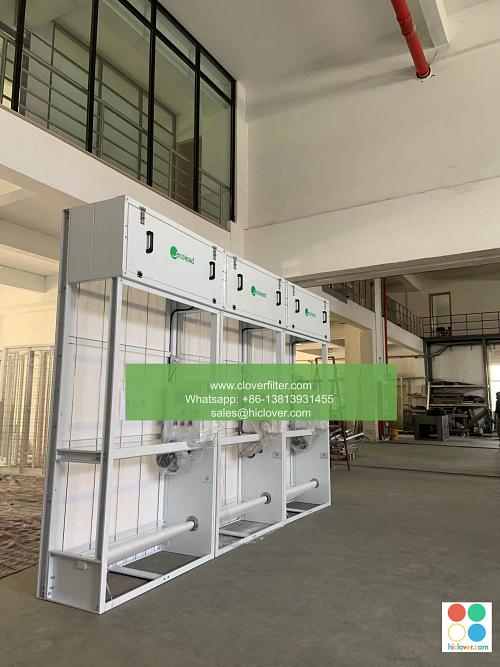The Relationship Between Air Filter Ecosystems and Human Health

The relationship between air filter ecosystems and human health is a complex and multifaceted one, involving various application areas such as indoor air quality (IAQ) management, air pollution control, and respiratory health protection. As the world grapples with the challenges of climate change, urbanization, and industrialization, the importance of maintaining healthy air filter ecosystems cannot be overstated. In this article, we will highlight the key connections between air filter ecosystems and human health, and explore the various application areas where these connections are most relevant.
The Impact of Air Filter Ecosystems on Human Health
Air filter ecosystems play a crucial role in maintaining good human health by removing airborne pollutants and preventing the spread of diseases. The quality of air filters used in heating, ventilation, and air conditioning (HVAC) systems can have a significant impact on indoor air quality and occupant health. For example, high-efficiency particulate air (HEPA) filters can remove up to 99.97% of particles as small as 0.3 microns, including bacteria, viruses, and other microorganisms that can cause respiratory problems and other health issues.
Application Areas: Indoor Air Quality Management
One of the most critical application areas for air filter ecosystems is indoor air quality (IAQ) management. This involves the use of air filters and other technologies to remove airborne pollutants and maintain good indoor air quality. IAQ management is essential in buildings, homes, and other enclosed spaces where people spend a significant amount of time. By improving indoor air quality, air filter ecosystems can help reduce the risk of respiratory problems, allergies, and other health issues associated with poor air quality.
Application Areas: Air Pollution Control
Another important application area for air filter ecosystems is air pollution control. This involves the use of air filters and other technologies to remove airborne pollutants from industrial processes, vehicles, and other sources. Air pollution control is essential in urban areas where air pollution is a significant problem. By reducing air pollution, air filter ecosystems can help improve public health, reduce the risk of respiratory problems, and mitigate the impacts of climate change.
Application Areas: Respiratory Health Protection
A third key application area for air filter ecosystems is respiratory health protection. This involves the use of air filters and other technologies to remove airborne pollutants that can cause respiratory problems. Respiratory health protection is essential in healthcare settings, homes, and other enclosed spaces where people are at risk of respiratory problems. By improving air quality, air filter ecosystems can help reduce the risk of respiratory problems, improve lung function, and enhance overall health and well-being.
Conclusion
In conclusion, the relationship between air filter ecosystems and human health is a complex and multifaceted one, involving various application areas such as indoor air quality management, air pollution control, and respiratory health protection. By highlighting the key connections between air filter ecosystems and human health, and exploring the various application areas where these connections are most relevant, we can better understand the importance of maintaining healthy air filter ecosystems. As we move forward in an increasingly urbanized and industrialized world, the need for effective air filter ecosystems will only continue to grow, making it essential to prioritize air filter ecosystem health and protect human health. You haven’t asked a question or provided any context. What would you like to talk about or ask? I’ll do my best to assist you.

